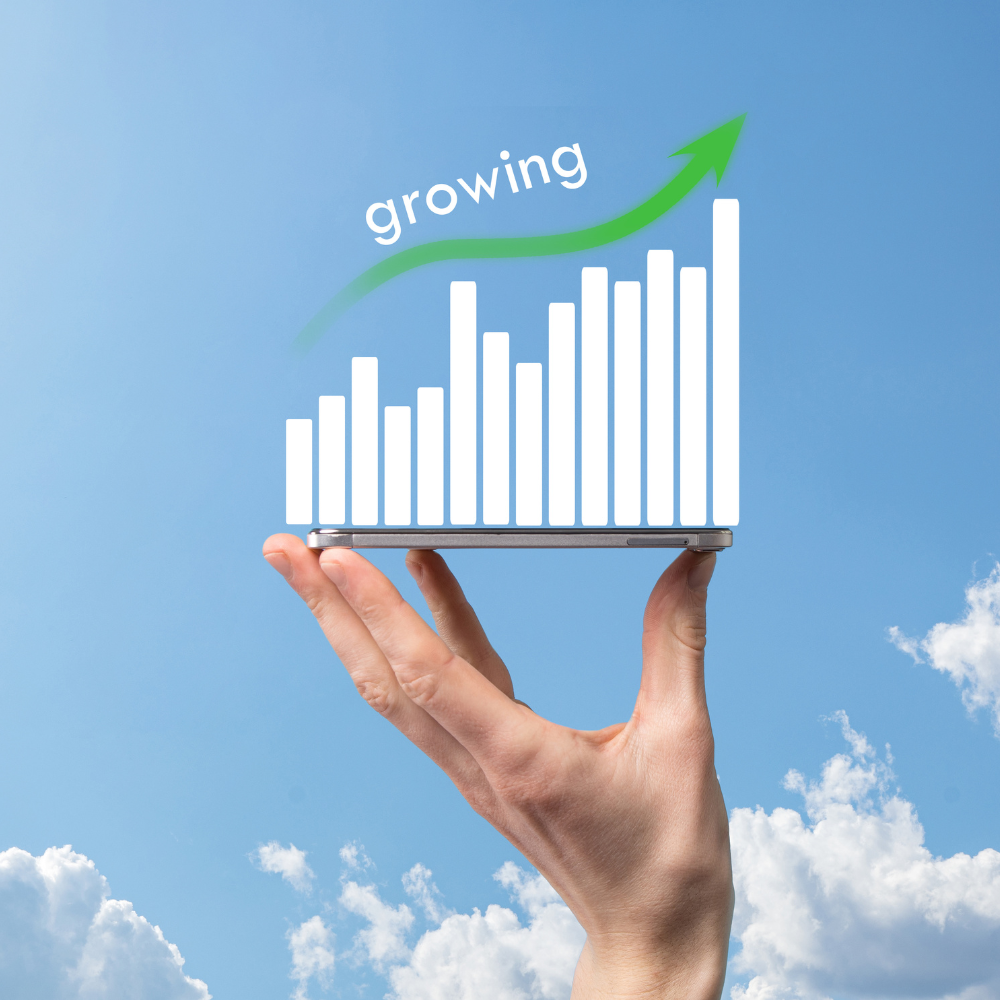Lead generation strategies driving business succes

Data is an integral part of any demand-generation strategy. It affects decision-making and designs the framework for implementing the campaign ideas. Let’s explore five outstanding benefits of data-driven demand generation: a customer-centric approach, enabling customization, attracting quality leads, constant optimization, and customer loyalty.
Developing a demand generation strategy includes the perfusion of decisions. Instead of the perspectives of these decisions, you need proof of success for them. Without it, those decisions are not worth it and only remain opinions. When data back your decisions, it is only effective when you can make effective strategies. If you do not believe in data-driven demand generation, this blog will change your thoughts.
Data-driven demand generation
B2B demand generation is all about finding the right buyers and targeting them using various marketing strategies that flow them down the funnel for conversion. The objective is to create demand for your product and maintain that demand all over the buyer's journey.
Data has a keen role here; it gives your strategies accurate insights to impact decision-making positively. From setting some characteristics of your buyer personas to verifying the results of your system, data finalize all aspects of marketing—some of the benefits of data-driven demand generation.
Customer-centric approach
No matter how you generate demand for your product, you must connect with your target accounts to succeed. Data not only facilitates the identification of who your buyer is but also depicts their behavior dynamics and interests. Developing your buyer personas includes data about the ideal buyers’ demographics, occupations, and other insights.
Customization is the basis of your demand generation.
The most compelling benefit of demand generation is it utilizes personalization. Today, generic marketing is considered out of trend. The buyers are looking for something personal that relates to them quickly. Advertising and content marketing are some of the exciting demand-generation strategies. Customization is done rapidly in content creation that can connect customers with your brand.
Data enables quality leads and better conversion rates
Data-driven demand generation facilitates the identification of high-quality leads by assessing various data points. By analyzing the qualities and behavior of the best customers, you can easily polish your lead generation strategies and emphasize engaging prospects more likely to convert into potential customers.
Constant optimization with data
Preparing the campaign, launching it, and witnessing the results could be better. You need to monitor and track the situation and get real-time data and demand generation statistics to understand the landscape better. Real-time data showcases the mandatory changes or any other important thing. Utilizing that data, you can test new approaches and optimize marketing strategies. This targeted process ensures that the marketing efforts are correct, effective, and as per the business goals.
Data analysis for customer retention
B2B companies must spend time and effort retaining customers, like acquiring new ones. Data analysis of the current customer base is an essential step towards making sure that your valuable customers stay for long.
You can quickly gather and analyze data about your customer's lifespan to discover insights about your service. You may find critical errors or loopholes to fill with a better user experience. Not only will this help you retain customers, but it also highlights certain benefits that your customers like.
Conclusively, integrating a data-driven approach revamps businesses to make sound decisions, polish marketing strategies, and reach effective results with their demand generation strategies.